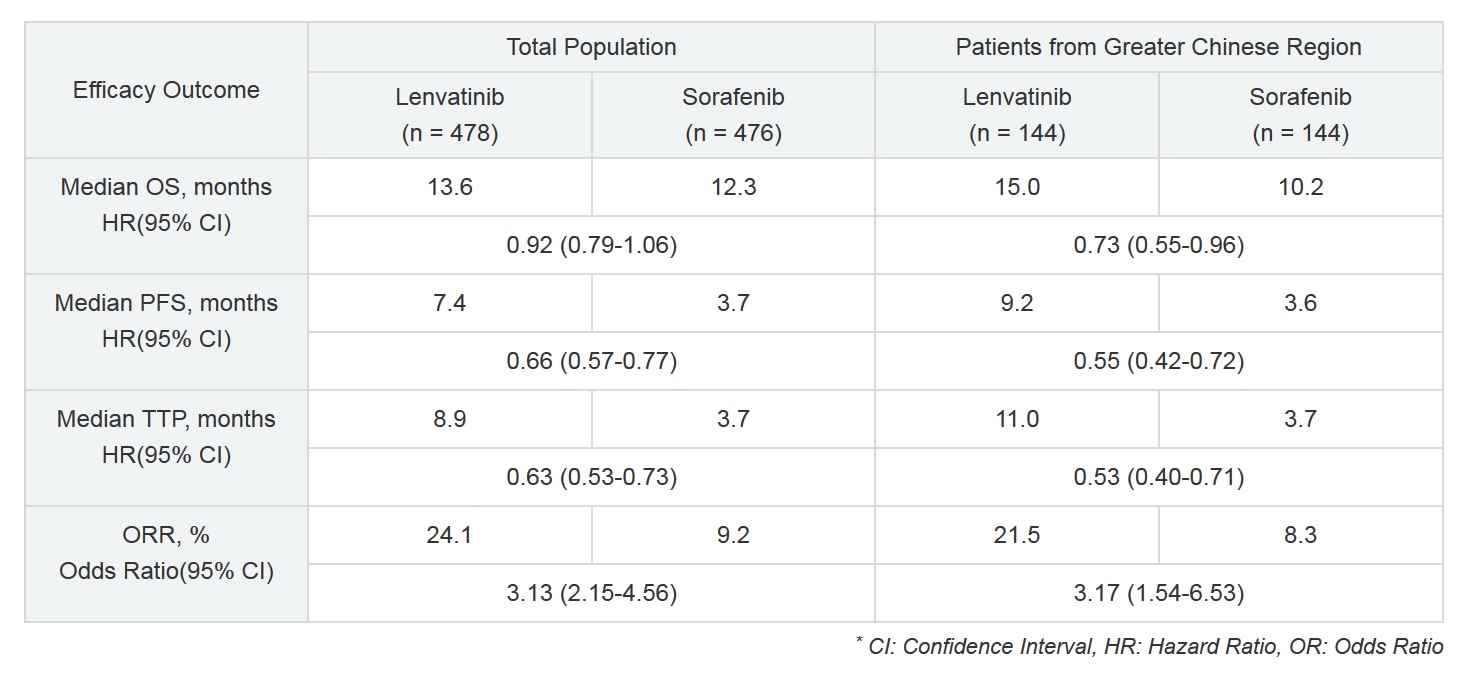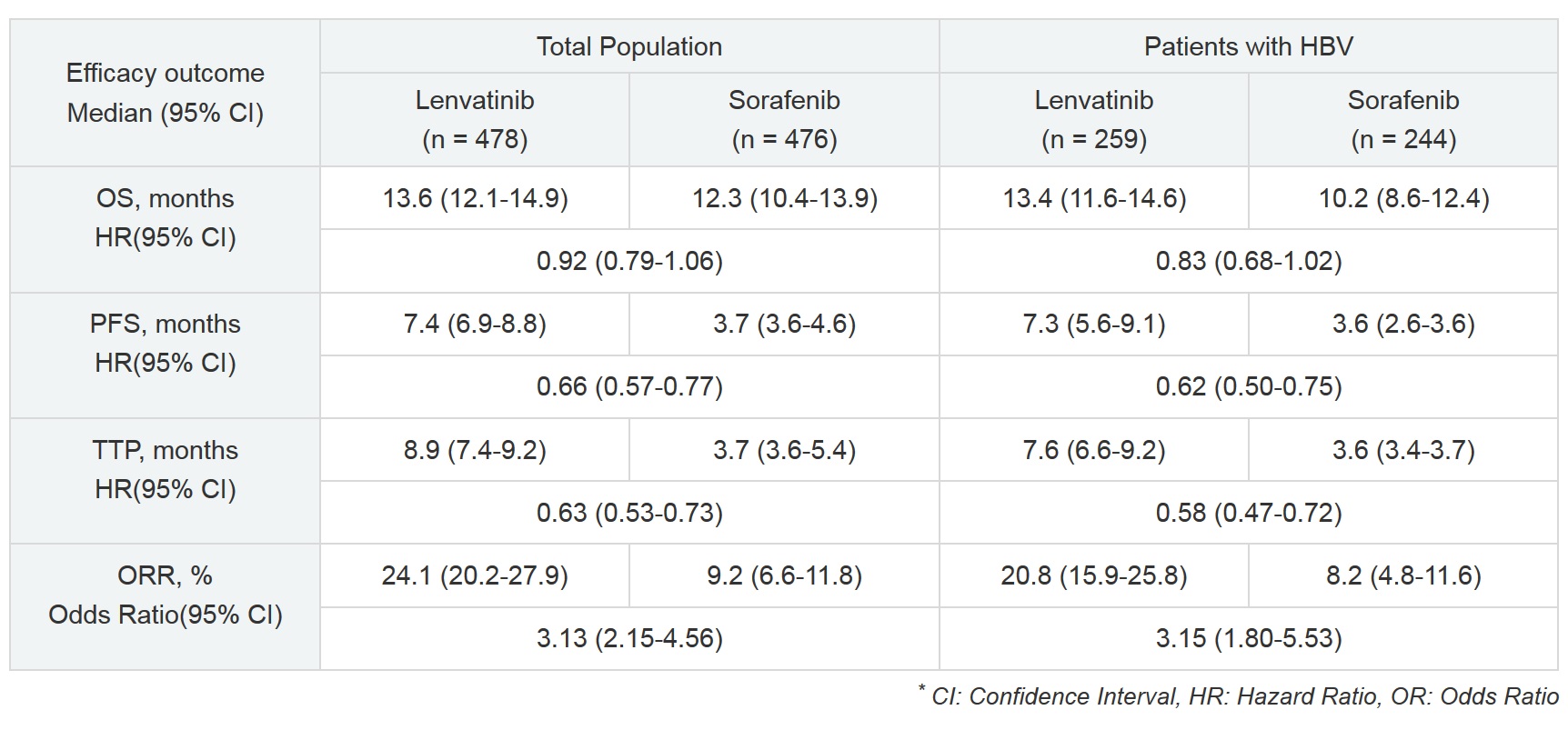news – page 24 – eisai china lnc.-leyu手机版登录入口app
eisai co., ltd. (headquarters: tokyo, ceo: haruo naito, “eisai”) has announced that it has submitted to the u.s. food and drug administration (fda) a supplemental new drug application (snda) for eisai‘s antiepileptic drug (aed) fycompa® (perampanel) seeking approval for an indication expansion to cover pediatric patients with epilepsy.
this snda aims to expand the indication for fycompa in the united states, which currently covers monotherapy and adjunctive use in the treatment of partial-onset seizures (with or without secondarily generalized seizures) in patients with epilepsy 12 years of age and older, to also include children with epilepsy 2 years of age and older. based on data accumulated to date, the snda also seeks to potentially expand the pediatric indication to include children 2 years of age and older for the treatment of primary generalized tonic-clonic seizures.
fycompa has been approved in over 55 countries in the world as an adjunctive treatment for partial-onset seizures (with or without secondarily generalized seizures) as well as primary generalized tonic-clonic seizures in patients with epilepsy 12 years of age and older. in the united states, fycompa has also been approved as monotherapy use for the treatment of partial-onset seizures (with or without secondarily generalized seizures).
this application was based on the interim results of a phase iii clinical study (study 311) as well as the results from a phase ii clinical study (study 232). both studies suggested the safety and efficacy of adjunctive treatment with fycompa was similar between adult and pediatric patients.
study 311 evaluated the safety, tolerability and exposure-efficacy relationship of fycompa when administered as an adjunctive therapy in children (ages 4 to less than 12 years) with inadequately controlled partial onset seizures or primary generalized tonic clonic seizures. study 232 is evaluated the pharmacokinetics, efficacy and long-term safety of fycompa when given as an adjunctive therapy in pediatric subjects from 2 to less than 12 years of age with epilepsy.
furthermore, regarding the pediatric indication for fycompa, eisai has received from the fda a written request for pediatric studies, which means that priority review designation is possible.
fycompa is a first-in-class aed discovered at eisai’s tsukuba research laboratories. it is a highly selective, noncompetitive ampa receptor antagonist that reduces neuronal hyperexcitation associated with seizures by targeting glutamate activity at postsynaptic ampa receptors.
epilepsy affects approximately 2.9 million people in the united states, 1 million people in japan, 6 million people in europe, and approximately 60 million people worldwide. while epilepsy affects people of all ages, incidence is particularly high among children and the elderly. as approximately 30% of patients with epilepsy are unable to control their seizures with currently available aeds, this is a disease with significant unmet medical need.
eisai considers neurology a therapeutic area of focus, and together with the worldwide provision of fycompa, seeks to further contribute to addressing the diverse needs of, as well as increasing the benefits provided to, patients with epilepsy and their families.
.jpg)
.jpg)
.jpg)
.jpg)
.jpg)
.jpg)


